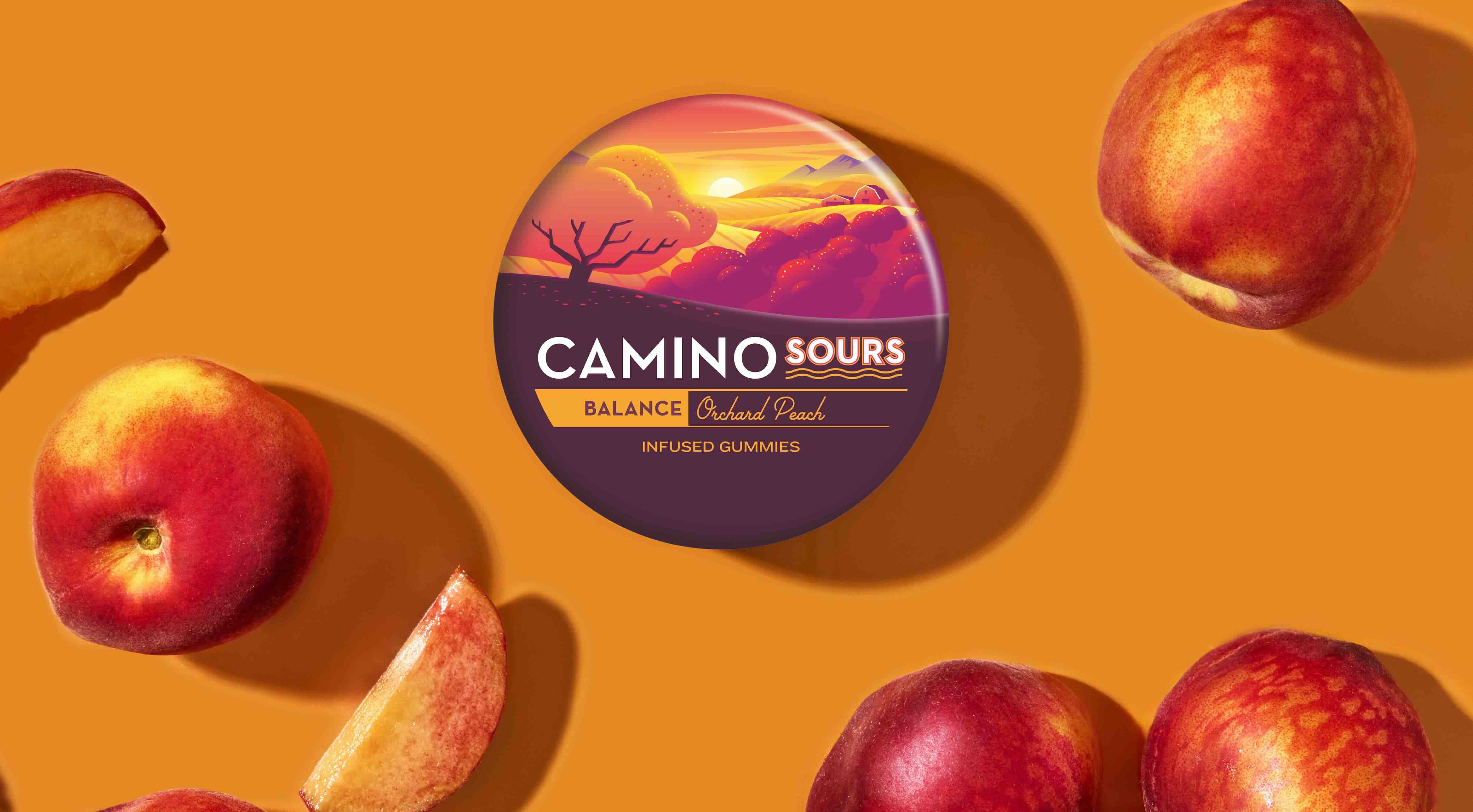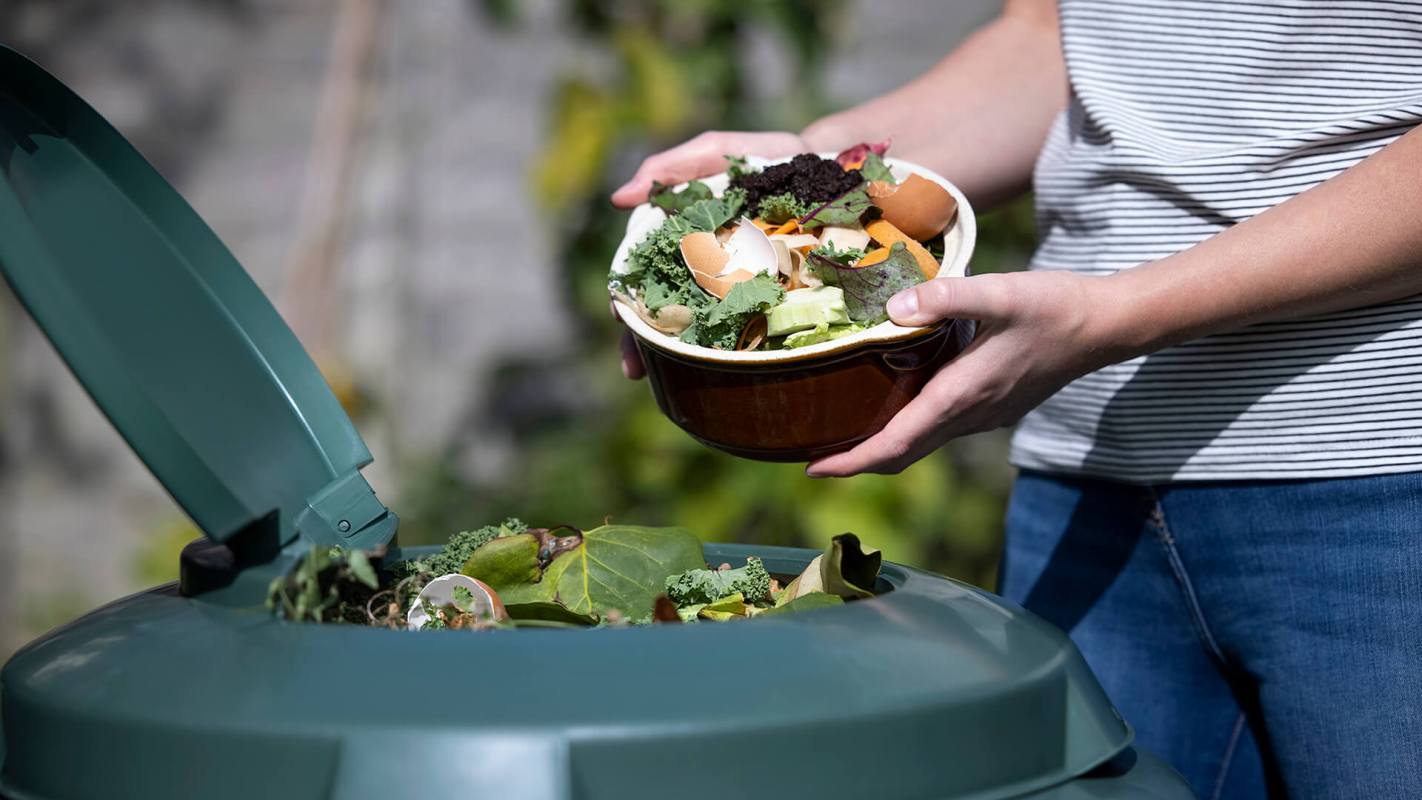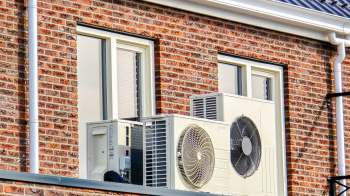Did you know that there is gold literally sitting in your trashcan? Gardening gold, to be specific.
Composting is a process that accelerates the decay of organic material such as food scraps and lawn trimmings to produce a nutrient-rich substance called compost. The name "gardening gold," also often called "black gold," comes from its numerous benefits.
How does composting work?
Many organisms, big and small, work together to break down organic matter in a compost pile. Larger organisms, like worms, essentially chop up organic matter, while microscopic organisms, like bacteria, use their bodies' chemicals. Then they excrete nutrients like nitrogen and phosphorus, which are very important for healthy soils and plants.
By combining warm temperatures, organic material, and oxygen, composting creates the ideal conditions for microorganisms to carry out the natural decomposition process more quickly.
The microorganisms that turn waste into compost produce carbon dioxide, which plays a prominent role in overheating the Earth. So if composting produces this harmful gas, why is it regarded as good for the planet?
Well, because it's better than the alternatives.
Perk up the winter blues with natural, hemp-derived gummies Camino's hemp-derived gummies naturally support balance and recovery without disrupting your routine, so you can enjoy reliable, consistent dosing without guesswork or habit-forming ingredients. Flavors like sparkling pear for social events and tropical-burst for recovery deliver a sophisticated, elevated taste experience — and orchard peach for balance offers everyday support for managing stress while staying clear-headed and elevated.
Learn more → |
Why compost?
Food scraps and other organic materials that are not composted are either incinerated or sent to landfills as waste. Both methods produce harmful gases that pollute our air, with landfills emitting one of the worst, methane.
Methane is up to 80 times stronger than carbon dioxide when it comes to overheating the planet. So although all these processes produce gases, composting produces the less harmful gas — and far less of it — while also creating a material that feeds organisms and helps new plants flourish.
The goal of composting is to reduce how much trash we send to landfills, to lessen the harmful effects these sites have on our communities and the Earth.
Who does composting benefit?
Besides indirectly reducing the harm done to the planet, composting also directly benefits people individually and economically.
TCD Picks » Upway Spotlight
💡Upway makes it easy to find discounts of up to 60% on premium e-bike brands
On an individual level, composting allows farmers to use unsellable crops, recycle nutrients into their soil, and produce higher crop yields. Like farmers, gardeners benefit from composting because the nutrient-rich compost can provide a lush and bountiful garden. Furthermore, substituting compost for synthetic fertilizers and pesticides can lower the risk of harms to your health, from allergies to cancer.
Composting benefits the economy by creating jobs and revenue for cities and states. Massachusetts was one of the first states to pass a composting law in 2014, which mandated that businesses and institutions that produce a lot of food waste must compost. The law has created more than 900 jobs and generated over $77 million for the state.
Composting directly benefits the planet, too. It helps overused soils by providing necessary nutrients, increasing water retention, reducing the effects of droughts, and reducing crops' irrigation needs.
Healthy soils are also better at taking carbon pollution out of the air and storing it below, helping keep our planet cool.
Composting's ultimate achievements are limiting how much food waste enters landfills and how much methane enters our air.
How to compost
Now, let's get to the dirty talk (composting).
First, check to see if your city does curbside composting collection and be sure to follow its unique set of rules. Good Start Packaging provides a map to find composting services in your state.
If such services aren't available to you, you can check out ShareWaste to find people in your area who might have advanced composting systems or more acreage, and who will accept organic material from other community members.
These two methods are the easiest for beginners, as the work begins with collecting organic waste in a bin and ends with dropping it off with someone else who handles the actual composting process — more on that process below.
Those up to the challenge of composting at home can make a composter from plastic bins or invest in a compost tumbler. If you have the space, you might want to try trench composting, while folks with limited space may want to invest in compost machines from brands like Vitamix, Pela, or Kalea, which do the hard work of composting for you.
And remember, to speed up the composting process, always crush, cut, or shred your items before tossing them in your compost bin.
What can be composted?
Here are some things that generally can and cannot be composted.
The Green:
Fruits, vegetables, and other food scraps
Stale or moldy bread that does not contain dairy ingredients
Rinsed eggshells
Coffee grounds
Tea bags and tea leaves
Grass clippings
Flowers
The Brown:
Leaves
Hay
Sawdust, wood chips, and twigs
Shredded newspaper
Nutshells (avoid walnuts and their shells)
Brown paper bags
Toilet paper and paper towel rolls (untainted with cleaning products)
Wool
And what cannot go in your compost?
Diseased plants
Pasta
Anything made with or containing oil or butter
Magazines, glossy paper
Dairy, fish, and meat products
Walnuts
Pet feces
Bones
Glass
Metals
Plastics — save your compostable plastics for industrial composting facilities!
Anything with harsh chemicals
To start your compost, lay a base layer of twigs and small branches for drainage, and remember this compost sandwich when adding organic materials: Two to four inches of greens, followed by about an inch or two of soil, topped with between six to eight inches of browns, and a layer of water to keep your compost moist. Then repeat!
This balanced compost sandwich might be challenging to achieve for new composters, so be kind to yourself. Disposing of scraps responsibly, but not perfectly, is so much better than not doing it at all.
If your compost pile stinks or is not composting, this is a sign that the green to brown ratio is off. If your compost smells bad, add dried leaves, shredded newspaper, or sawdust. If your compost isn't breaking down, add more greens, water, or compost starter.
To maintain your compost, shake your compost bin every other day, or flip your compost pile about every week.
After roughly three months, your compost should be ready to use! Sift out large pieces of material and return them to the pile to finish composting.
However you compost, please watch children and pets around your compost as certain composting fungi can be toxic if ingested.
Composting is a fundamental and natural process with great potential to lessen food waste in landfills and reduce methane pollution. By composting, we can nurture nature and cool the planet together.














